Home>Garden Essentials>What Temperature Do Sweet Corn Germinate In
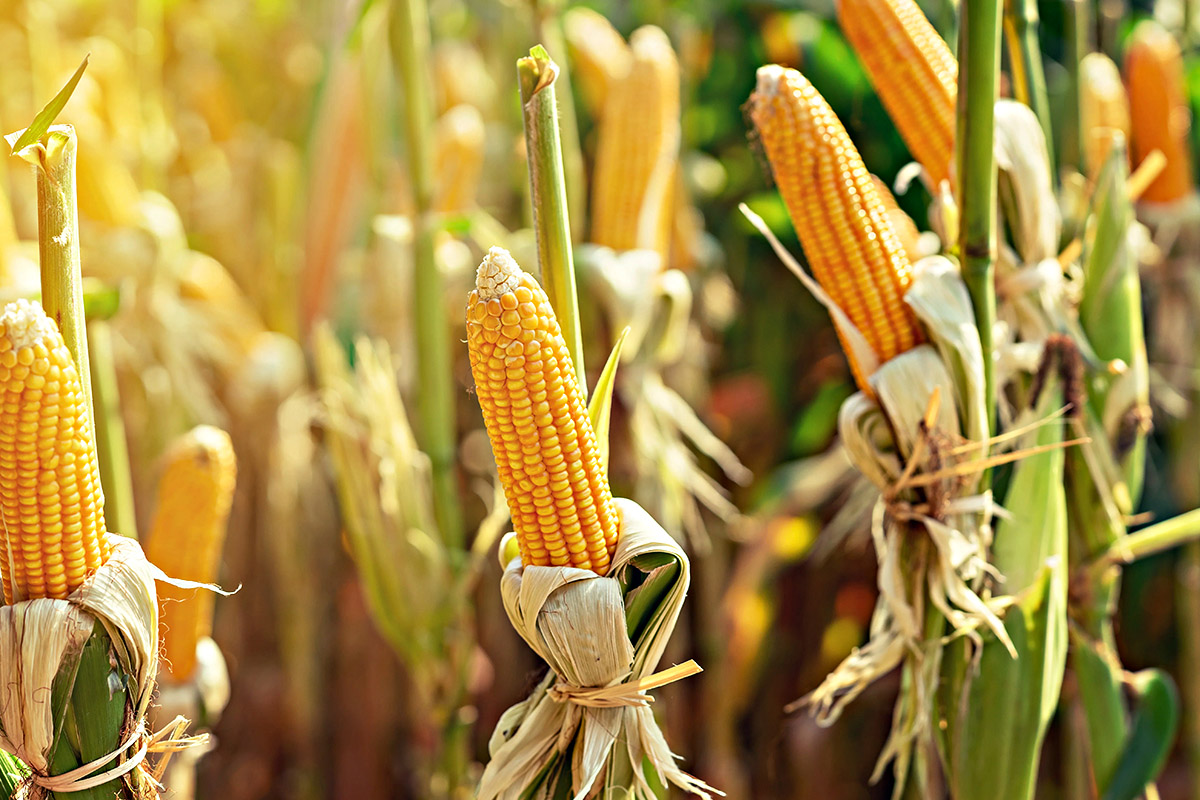

Garden Essentials
What Temperature Do Sweet Corn Germinate In
Modified: September 1, 2024
Discover the perfect garden temperature for sweet corn germination. Learn how to achieve optimal growth and yield with our expert gardening tips.
(Many of the links in this article redirect to a specific reviewed product. Your purchase of these products through affiliate links helps to generate commission for Storables.com, at no extra cost. Learn more)
Introduction
Welcome to the world of sweet corn gardening! If you’re eager to grow your own delicious sweet corn, one of the first steps you need to take is germinating the seeds. Understanding the optimal temperature for sweet corn germination is crucial to ensure successful growth and development of your plants.
Germination is the process by which a seed sprouts and begins to grow into a new plant. For sweet corn, germination occurs when the seed absorbs water, breaks open, and sends out a root and shoot. The temperature at which this process takes place can greatly affect the success rate of germination and the overall health of your sweet corn plants.
In this article, we will explore the factors that influence sweet corn germination temperature, the optimal temperature range for germination, the effects of temperature extremes, and the importance of temperature control for successful germination. We will also provide some tips to help you create the ideal environment for your sweet corn seeds to germinate and thrive.
So, let’s dive in and discover the fascinating world of sweet corn germination temperatures.
Key Takeaways:
- Sweet corn seeds germinate best in temperatures between 75°F and 85°F, ensuring healthy growth and timely sprouting. Avoid extreme temperatures to promote successful germination and a bountiful harvest.
- Factors like seed variety, soil and air temperature, and moisture levels influence sweet corn germination. By monitoring and controlling temperature, you can create the ideal conditions for seed sprouting and healthy seedling development.
Read more: What Soil Temperature Do Weeds Germinate
Factors Affecting Sweet Corn Germination Temperature
Several factors can influence the temperature at which sweet corn seeds germinate. Understanding these factors will help you create the optimal conditions for successful germination. Here are some key factors to consider:
- Seed Variety: Different varieties of sweet corn may have varying temperature requirements for germination. Some varieties may tolerate cooler temperatures, while others prefer warmer conditions. It’s important to check the specific temperature recommendations for the variety you are planting.
- Soil Temperature: The temperature of the soil plays a critical role in seed germination. Sweet corn seeds require soil temperatures between 50°F (10°C) and 95°F (35°C) for optimal growth. If the soil temperature is too low, the seeds may take longer to germinate or fail to germinate altogether.
- Air Temperature: While the soil temperature is crucial, the air temperature also affects sweet corn germination. Both daytime and nighttime temperatures can impact the germination process. It’s important to consider the average temperature range in your region during the time of planting to ensure the best conditions.
- Moisture: Adequate moisture is essential for seed germination. The presence of moisture triggers the seed to absorb water, which initiates the germination process. However, excessive moisture can lead to rotting and fungal diseases. It’s important to maintain a balance and ensure the soil is evenly moist but not waterlogged.
- Light: Unlike some other plants, sweet corn seeds do not require light to germinate. In fact, they actually prefer darkness during the germination process. Light exposure can interfere with germination, so it’s best to cover the planted seeds with a layer of soil to keep them in darkness.
- Seed Quality: The quality of the sweet corn seeds you plant can also affect germination temperature. Using fresh, high-quality seeds from a reputable source increases the likelihood of successful germination.
By considering these factors and making the necessary adjustments, you can provide the optimal conditions for sweet corn germination, ensuring a higher success rate and healthier plants.
Optimal Temperature Range for Sweet Corn Germination
To achieve the best results with sweet corn germination, it’s important to provide the ideal temperature range for the seeds to sprout and develop into seedlings. The optimal temperature range for sweet corn germination is typically between 75°F (24°C) and 85°F (29°C).
Within this temperature range, the enzymes responsible for breaking down stored nutrients in the seed are most active, facilitating the germination process. The seeds absorb water and initiate cell division, leading to the emergence of the radicle (the embryonic root) and the plumule (the embryonic shoot).
At temperatures lower than the optimal range, the germination process may be slow and uneven. Cold soil temperatures can cause the seeds to remain dormant or take a longer time to germinate. On the other hand, temperatures higher than the optimal range can lead to faster but weaker germination, resulting in weaker seedlings.
It’s important to note that different sweet corn varieties may have slightly different temperature preferences. Some varieties may tolerate slightly cooler temperatures, while others may require slightly warmer conditions. Consult the seed packet or check with your local agricultural extension office for specific temperature recommendations for the variety you are planting.
For cooler regions where the soil takes longer to warm up, starting sweet corn seeds indoors in seed trays or containers can help jumpstart the germination process. Once the soil temperature reaches the optimal range, the seedlings can be transplanted to the garden.
Providing the optimum temperature range for sweet corn germination sets the foundation for healthy and vigorous seedlings, ensuring a successful start to your sweet corn growing season.
Effects of Temperature Extremes on Sweet Corn Germination
While the optimal temperature range for sweet corn germination is between 75°F (24°C) and 85°F (29°C), it’s important to understand the effects of temperature extremes on the germination process. Both excessively high and low temperatures can have detrimental effects on sweet corn seed germination.
If the temperature is too high, above 95°F (35°C), sweet corn seeds may experience heat stress. The excessive heat can inhibit the germination process by damaging the seed’s genetic material and disrupting enzymatic activities. This can result in poor germination rates and weak seedlings. Additionally, high temperatures can also cause the soil to dry out more quickly, increasing the risk of seed desiccation.
On the other hand, if the temperature is too low, below 50°F (10°C), sweet corn seeds may go into dormancy and germination may be delayed. Cold temperatures slow down enzymatic activity and metabolic processes, leading to a prolonged germination period or even failure to germinate.
Extreme temperature fluctuations can also negatively impact sweet corn germination. Rapid changes between warm and cold temperatures can shock the seeds, causing them to become stressed and less likely to germinate. It’s therefore important to maintain consistent temperatures during the germination period.
It’s worth noting that sweet corn seeds have different optimal germination temperatures depending on the variety. Some varieties may be more tolerant of temperature extremes than others. Choosing varieties that are better suited to the climate in your region can help mitigate the effects of temperature fluctuations.
To protect sweet corn seeds from extreme temperatures, consider implementing some strategies:
- Plant during the appropriate season: Wait until the soil temperature reaches the optimal range before sowing sweet corn seeds. This will help ensure more favorable germination conditions.
- Provide shade: If temperatures are consistently high, providing temporary shade over the planted seeds can help reduce heat stress and maintain a more suitable environment for germination.
- Use mulch: Applying a layer of organic mulch, such as straw or wood chips, can help insulate the soil, preventing rapid temperature fluctuations and protecting the seeds from extreme cold or heat.
By understanding the effects of temperature extremes and taking steps to mitigate their impact, you can increase the likelihood of successful sweet corn germination and promote healthier seedling growth.
Sweet corn germinates best in soil temperatures between 60-95°F (15-35°C). To ensure successful germination, plant your sweet corn seeds when the soil temperature reaches this range.
Germination Time at Different Temperatures
The germination time for sweet corn seeds can vary depending on the temperature conditions provided. Different temperatures can affect the speed at which the seeds sprout and develop into seedlings. Let’s take a look at the germination time at different temperatures:
- Optimal Temperature Range (75°F to 85°F / 24°C to 29°C): At the ideal temperature range, sweet corn seeds usually germinate within 7 to 10 days. The warmth facilitates the metabolic processes within the seed, leading to faster and more consistent germination. The seeds absorb water, initiate cell division, and break through the soil surface to form seedlings.
- Cooler Temperatures (50°F to 65°F / 10°C to 18°C): When the temperature drops to the cooler range, sweet corn germination can take longer, typically around 10 to 14 days. The slower metabolic activity and enzymatic processes at these temperatures extend the time required for seedlings to emerge. It’s important to be patient and provide consistent moisture during this period.
- Warmer Temperatures (85°F to 95°F / 29°C to 35°C): When temperatures rise above the optimal range, sweet corn seeds may germinate more quickly, often within 5 to 7 days. The increased warmth accelerates metabolic activity, leading to faster germination. However, it’s important to monitor soil moisture and ensure that the seeds are not exposed to excessive heat, as it can be detrimental to germination.
It’s crucial to note that these are general guidelines, and the actual germination time may vary depending on various factors such as seed quality, soil moisture, and individual seed viability. It’s always recommended to consult the specific instructions provided by the seed supplier for the variety you are planting.
During the germination process, it’s important to provide consistent moisture to the seeds. Dry soil can hinder germination, while overly saturated soil can lead to rotting. Regularly check the soil moisture level and adjust irrigation or watering practices accordingly.
By understanding the expected germination time at different temperatures, you can better plan and monitor the progress of your sweet corn seeds. Patience and consistent care will ultimately yield healthy seedlings and a successful sweet corn harvest.
Importance of Temperature Control for Successful Sweet Corn Germination
Temperature control is a crucial factor in ensuring successful sweet corn germination. The right temperature range provides optimal conditions for the seeds to absorb water, break through the seed coat, and initiate the growth process. Let’s explore the importance of temperature control in sweet corn germination:
Promotes Consistent and Timely Germination: Providing the ideal temperature range for sweet corn seeds ensures consistent and timely germination. When the temperature is within the optimal range of 75°F to 85°F (24°C to 29°C), the seeds will germinate within 7 to 10 days on average. Consistent germination ensures a uniform crop and allows for proper spacing and timing of subsequent cultivation practices.
Enhances Seed Viability: Sweet corn seeds are living organisms, and their viability can be affected by temperature fluctuations. Extreme cold or heat can reduce seed viability, leading to poor germination rates or failed germination altogether. By maintaining the optimal temperature range, you can maximize the viability and germination potential of your sweet corn seeds.
Optimizes Root and Shoot Development: The right temperature range promotes healthy root and shoot development in sweet corn seedlings. Adequate warmth encourages the efficient uptake of nutrients and water by the emerging roots. It also stimulates shoot growth, ensuring robust and vigorous seedlings that are more resilient to environmental stresses.
Minimizes Disease and Pest Risks: Temperature control during germination can help minimize the risk of disease and pest infestation. Excessive moisture caused by high temperatures can create a favorable environment for fungal diseases, while prolonged germination due to low temperatures can make seedlings more susceptible to pests. Maintaining the optimal temperature range reduces the likelihood of these problems and promotes the overall health of the sweet corn plants.
Improves Overall Crop Performance: Proper temperature control during germination sets the stage for a successful sweet corn growing season. By ensuring a high germination rate and healthy seedling development, you are laying the foundation for a robust and productive crop. Healthy plants are more resistant to pests, diseases, and environmental stresses, leading to higher yields and better-quality corn.
It’s important to note that temperature is just one of the factors influencing germination. Additionally, other factors like soil moisture, sunlight, and seed quality also play key roles. However, temperature control is a fundamental aspect that can significantly impact the success and productivity of your sweet corn crop.
By paying attention to temperature requirements and providing the optimal conditions for germination, you set your sweet corn seeds on a path to successful growth and a bountiful harvest.
Tips for Providing the Ideal Temperature for Sweet Corn Germination
Creating the ideal temperature conditions for sweet corn germination is essential for successful seed sprouting and healthy seedling development. Here are some tips to help you provide the optimal temperature for sweet corn germination:
- Monitor Soil Temperature: Use a soil thermometer to regularly monitor the temperature of the soil. Check the soil temperature at a depth of around 2 to 3 inches (5 to 7.5 cm), as this is where the sweet corn seeds are typically planted.
- Plant at the Right Time: Wait until the soil temperature reaches the optimal range before planting your sweet corn seeds. Planting too early, when the soil is still too cold, can lead to poor germination rates. Consult local gardening resources or use a soil temperature map to determine the best time for planting in your area.
- Start Indoors (If Needed): If you live in a region with a short growing season or colder climate, consider starting your sweet corn seeds indoors. Plant the seeds in seed trays or containers and keep them in a warm location, such as near a heat source or in a seedling heat mat, until the soil outdoors warms up.
- Provide Adequate Moisture: Sweet corn seeds need moisture to germinate, but excessive moisture can lead to rotting. Keep the soil evenly moist throughout the germination period. Avoid over-watering, which can lead to waterlogging. A well-drained soil that retains moisture without becoming waterlogged is ideal.
- Use Protective Coverings: In cooler regions or during early spring planting, use protective coverings like row covers or cloches to create a microclimate around the sweet corn seeds. These coverings will help trap heat and maintain more favorable temperatures for germination.
- Provide Shade in Hotter Climates: If you live in an area with consistently high temperatures, provide temporary shade over the planted seeds to prevent heat stress. This can be achieved by using shade cloth, temporary shade structures, or even strategically planting taller crops or providing natural shade from trees or buildings.
- Mulch the Soil: Apply a layer of organic mulch, such as straw or wood chips, around the planted seeds. Mulching helps regulate soil temperature, preventing temperature fluctuations and maintaining a more consistent and favorable environment for germination.
- Protect from Extreme Weather Conditions: During periods of extreme temperature fluctuations, such as sudden cold snaps or heatwaves, consider providing extra protection to the sweet corn seeds. Use fabric row covers or temporary structures to shield the seeds from these temperature extremes.
By implementing these tips, you can create the optimal temperature conditions for sweet corn germination. Careful temperature control will increase the chances of successful seed sprouting and promote healthy seedling development, setting the stage for a thriving sweet corn harvest.
Conclusion
Understanding and providing the ideal temperature for sweet corn germination is crucial for a successful gardening experience. By controlling the temperature during the germination process, you can ensure consistent and timely sprouting, healthy seedling development, and ultimately, a bountiful harvest of delicious sweet corn.
Factors such as seed variety, soil and air temperature, moisture levels, light exposure, and seed quality all play a significant role in successful germination. By considering these factors and providing the optimal temperature range of 75°F to 85°F (24°C to 29°C), you create the ideal environment for sweet corn seeds to absorb water, break through the seed coat, and undergo vital growth processes.
Avoiding temperature extremes is crucial. Excessively high temperatures can lead to heat stress and poor germination rates, while overly low temperatures can result in dormancy and delayed germination. Maintaining consistent temperatures and protecting the seeds from rapid fluctuations is essential for successful germination.
Providing the optimal temperature range not only promotes consistent and timely germination but also enhances seed viability, improves root and shoot development, reduces the risk of disease and pest infestation, and overall improves the performance of your sweet corn crop.
By following some key tips, such as monitoring soil temperature, planting at the right time, starting indoors if necessary, providing adequate moisture, using protective coverings or shade, mulching the soil, and protecting the seeds from extreme weather conditions, you can create the ideal temperature conditions for sweet corn germination.
Remember, the journey from seed to seedling requires patience, care, and attention to detail. By controlling the temperature and ensuring optimal conditions for germination, you are setting the stage for a successful sweet corn growing season.
So, go ahead and embark on your sweet corn gardening adventure with confidence, armed with the knowledge of providing the ideal temperature for sweet corn germination. Enjoy the process, nurture your plants, and before you know it, you’ll be relishing the sweet rewards of your homegrown sweet corn.
Frequently Asked Questions about What Temperature Do Sweet Corn Germinate In
Was this page helpful?
At Storables.com, we guarantee accurate and reliable information. Our content, validated by Expert Board Contributors, is crafted following stringent Editorial Policies. We're committed to providing you with well-researched, expert-backed insights for all your informational needs.
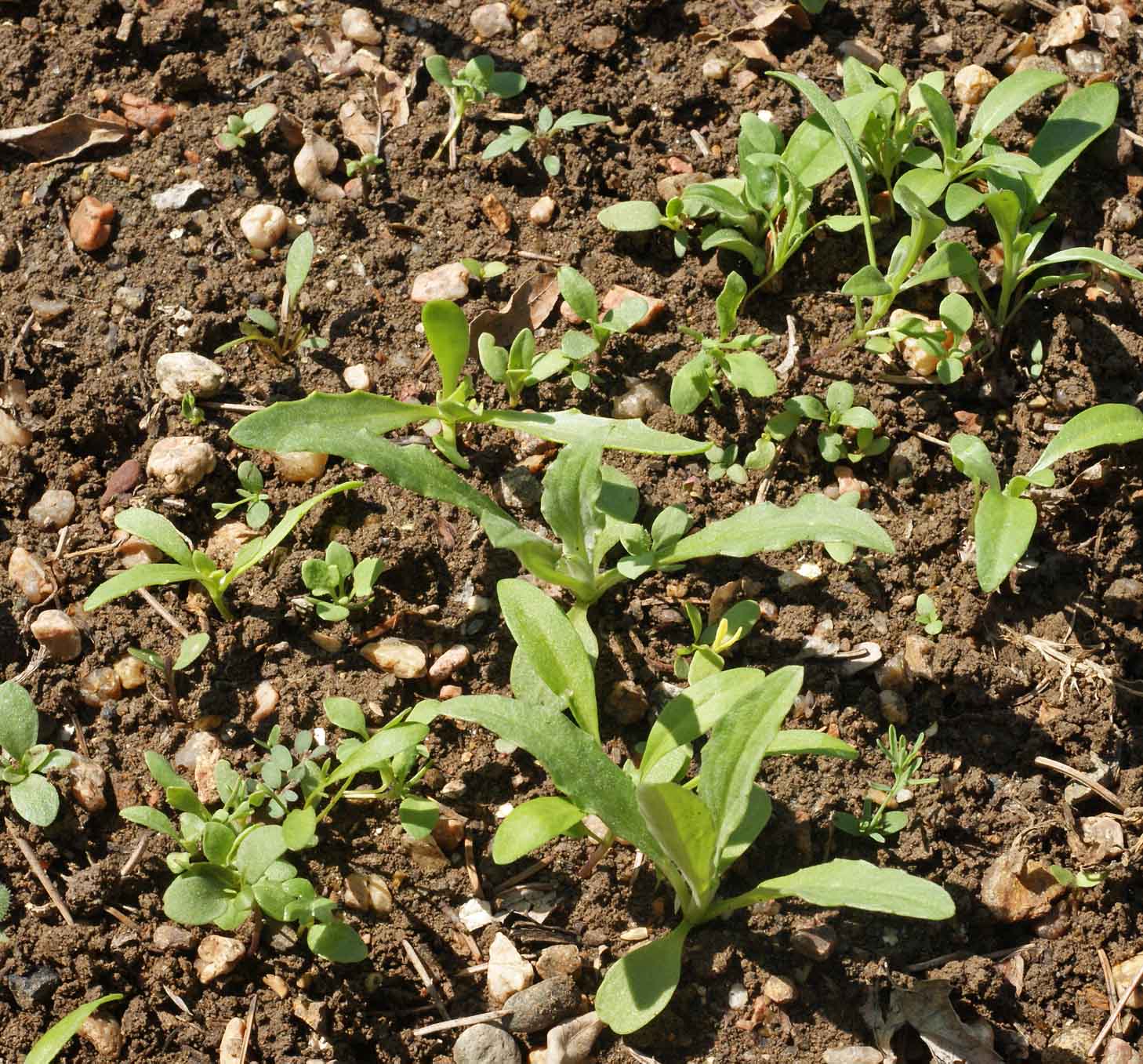
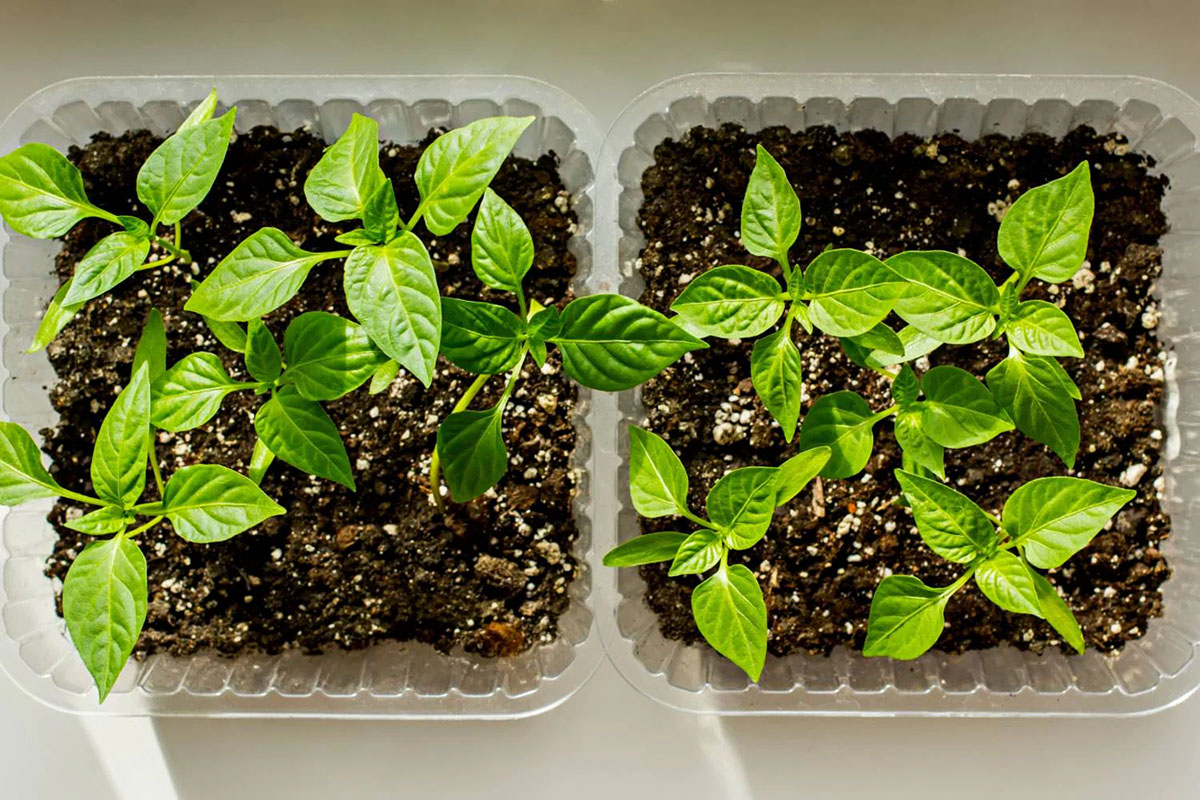
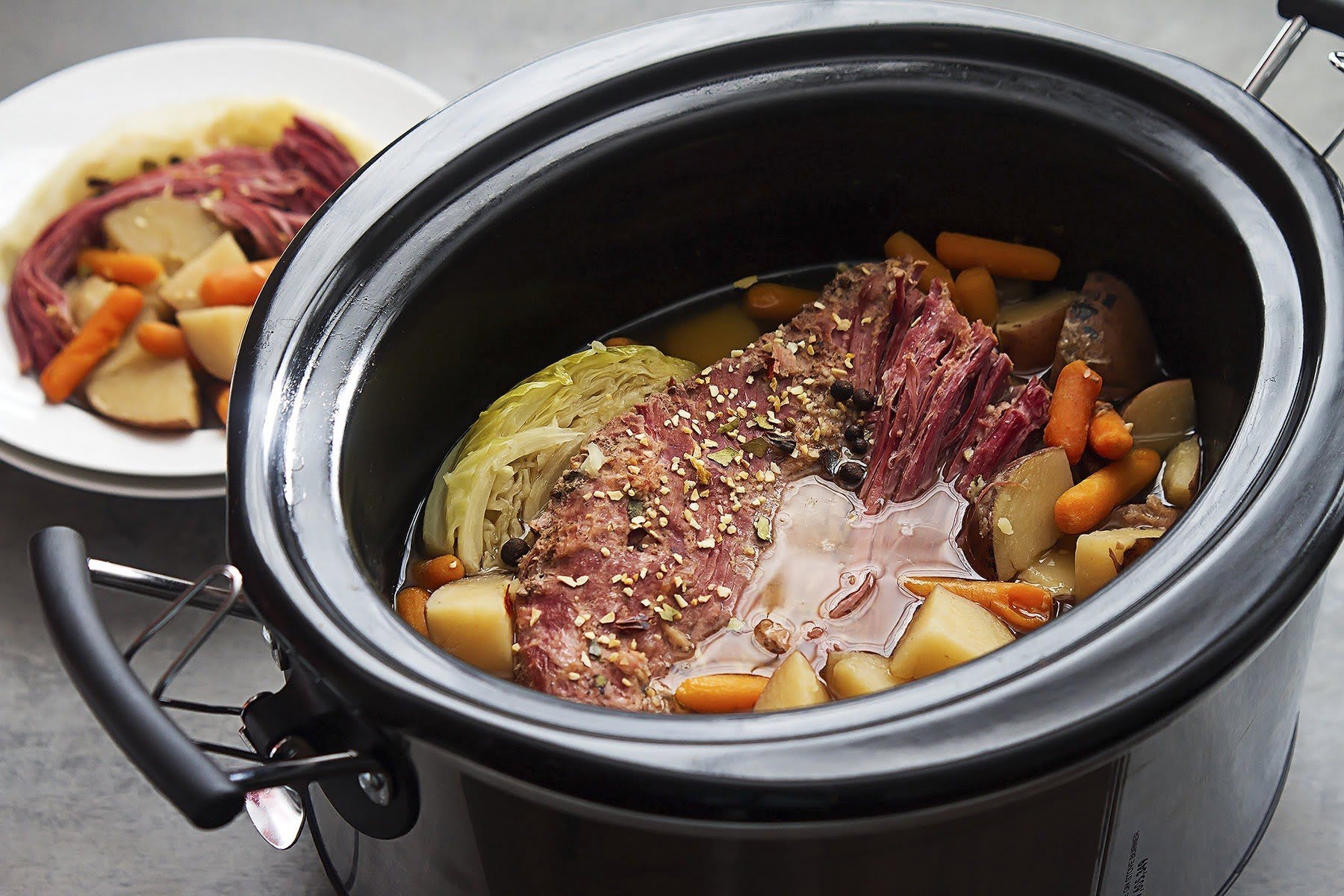
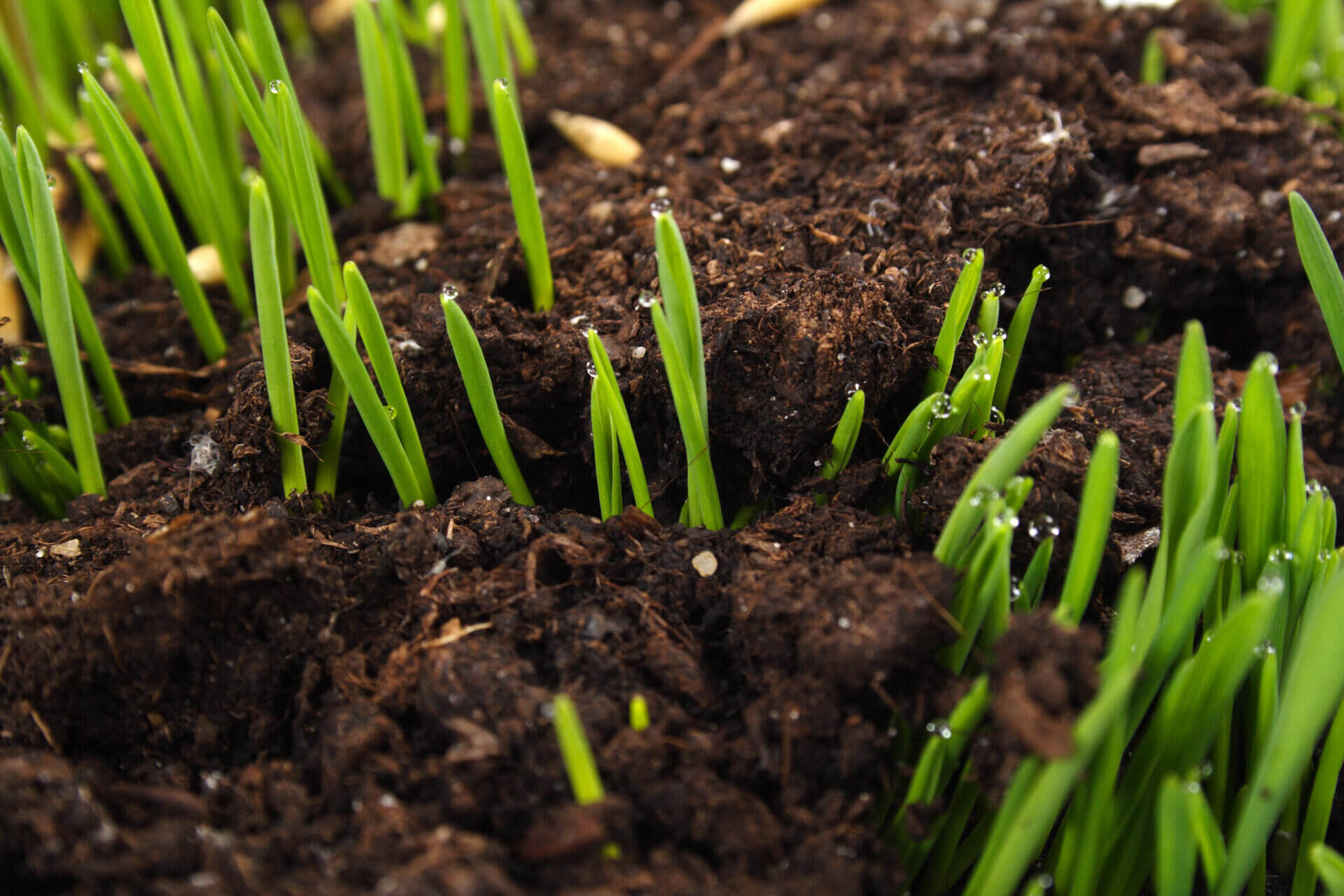
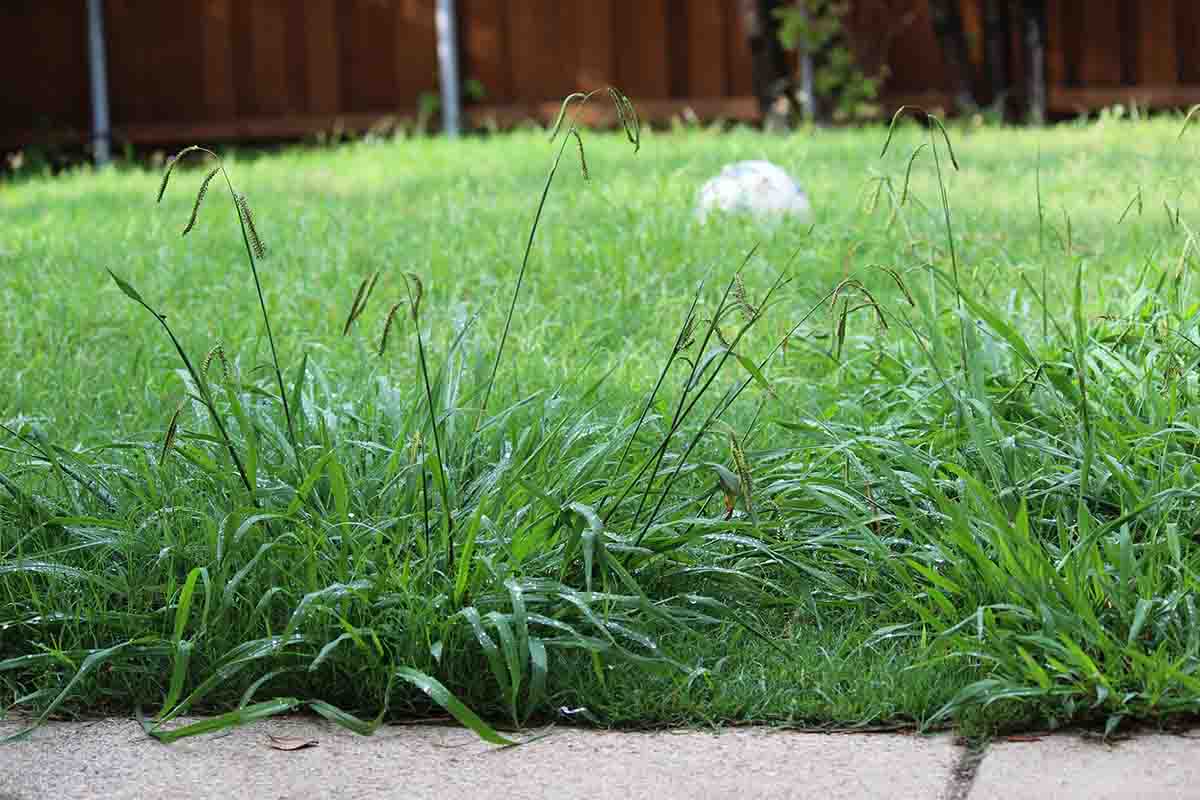
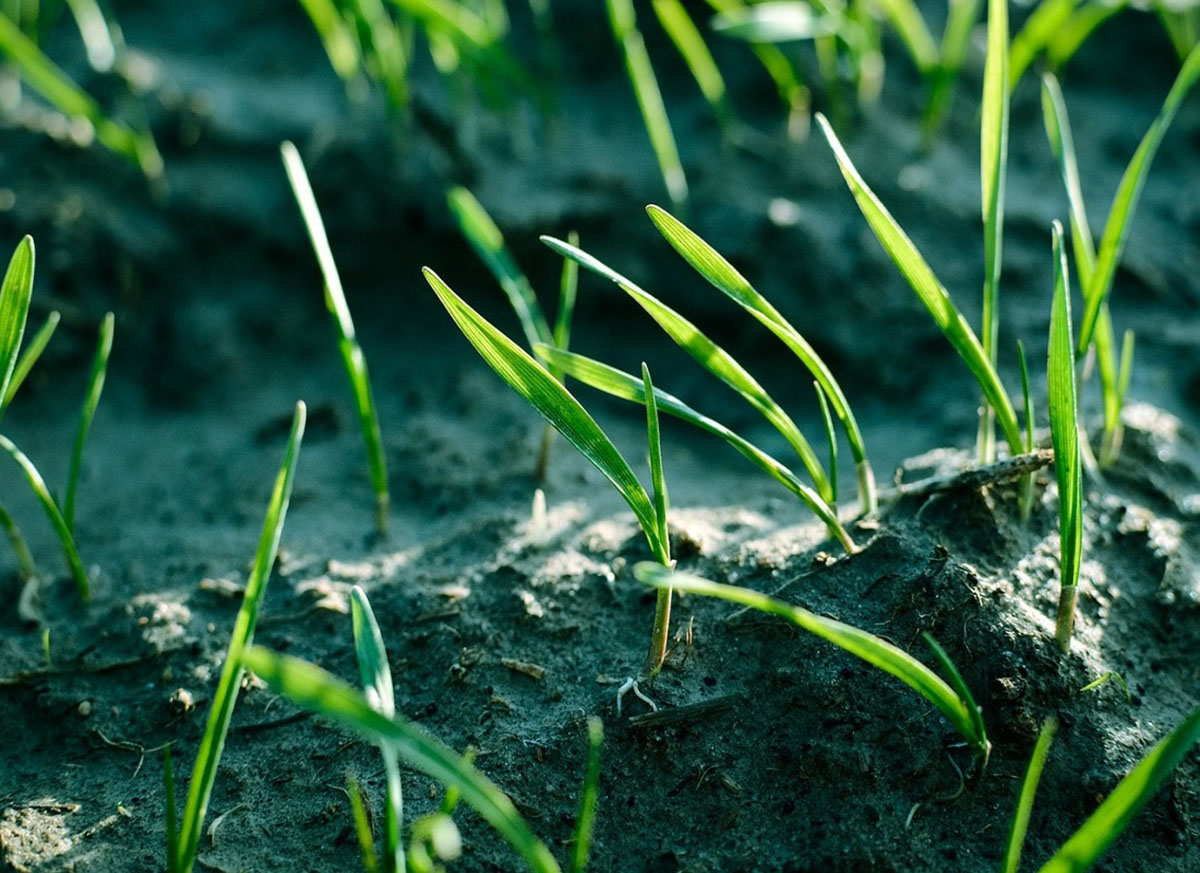
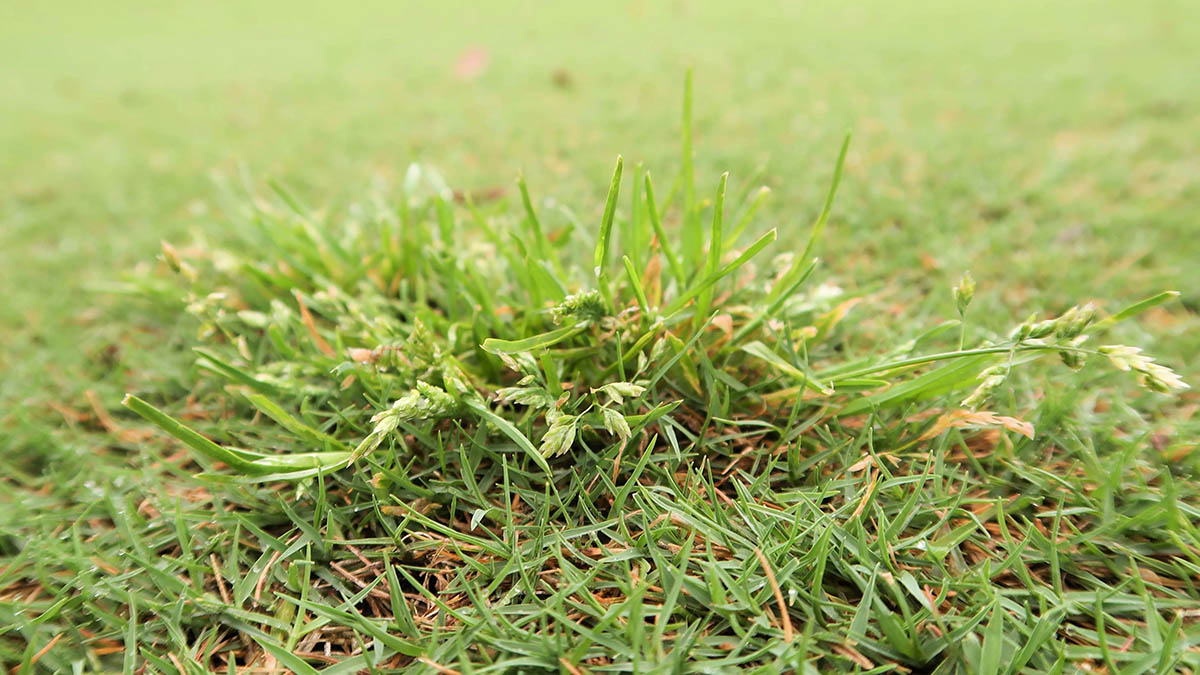
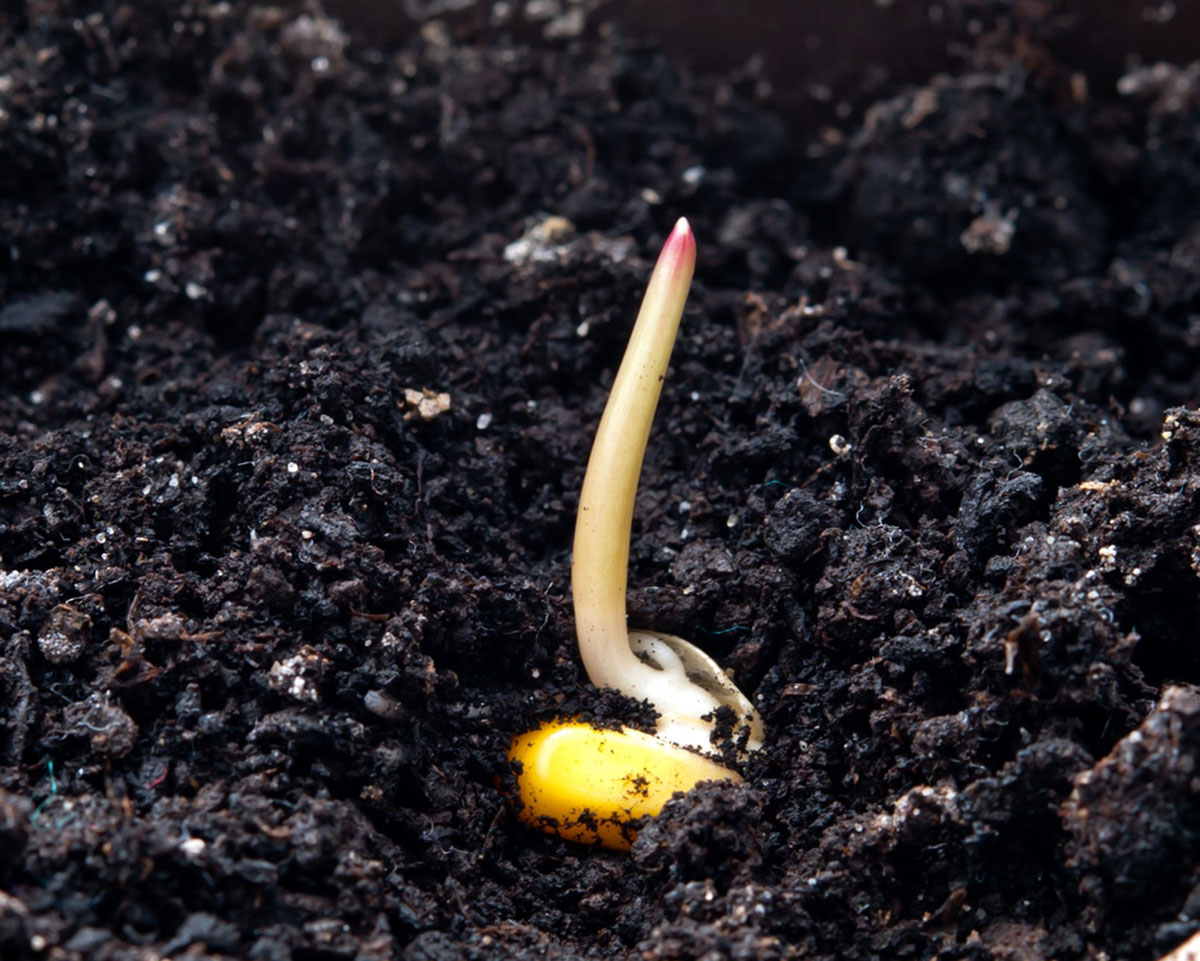

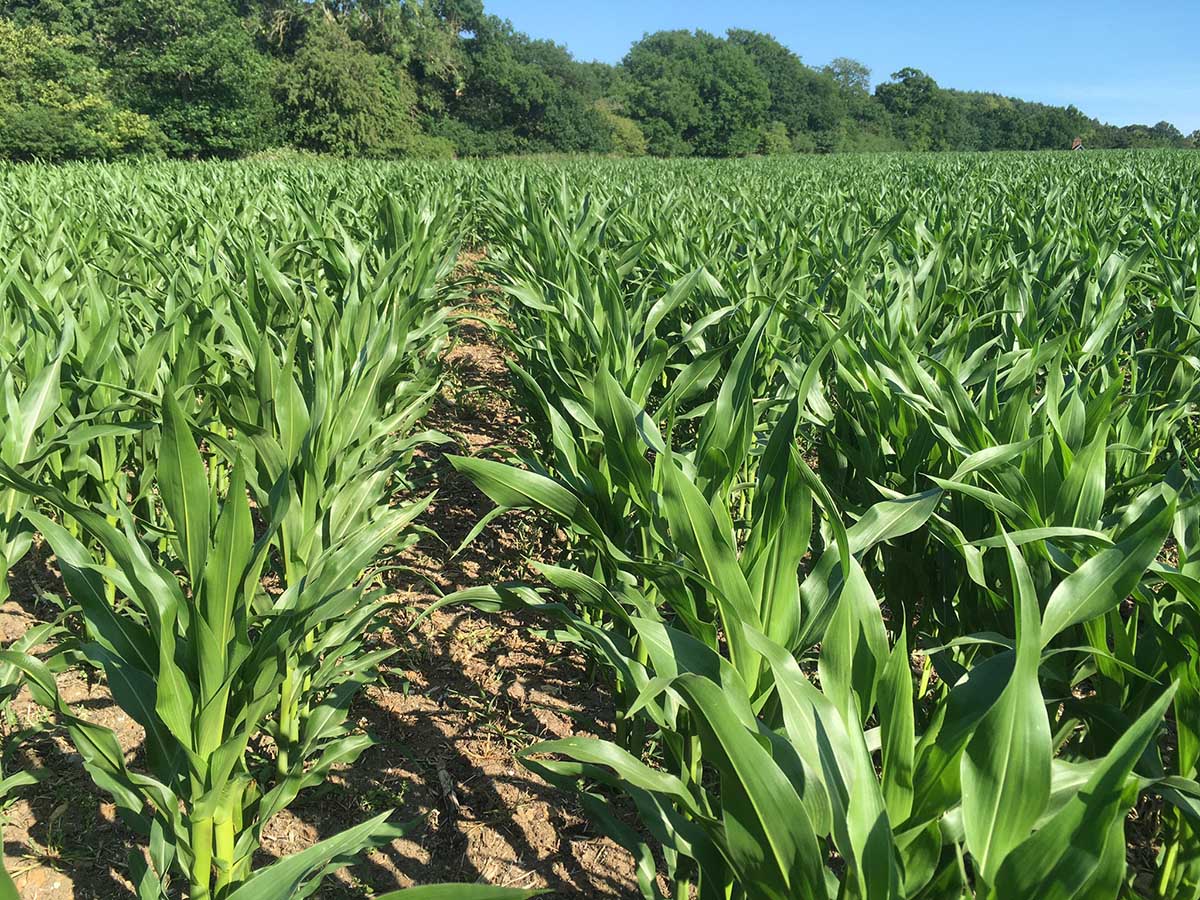
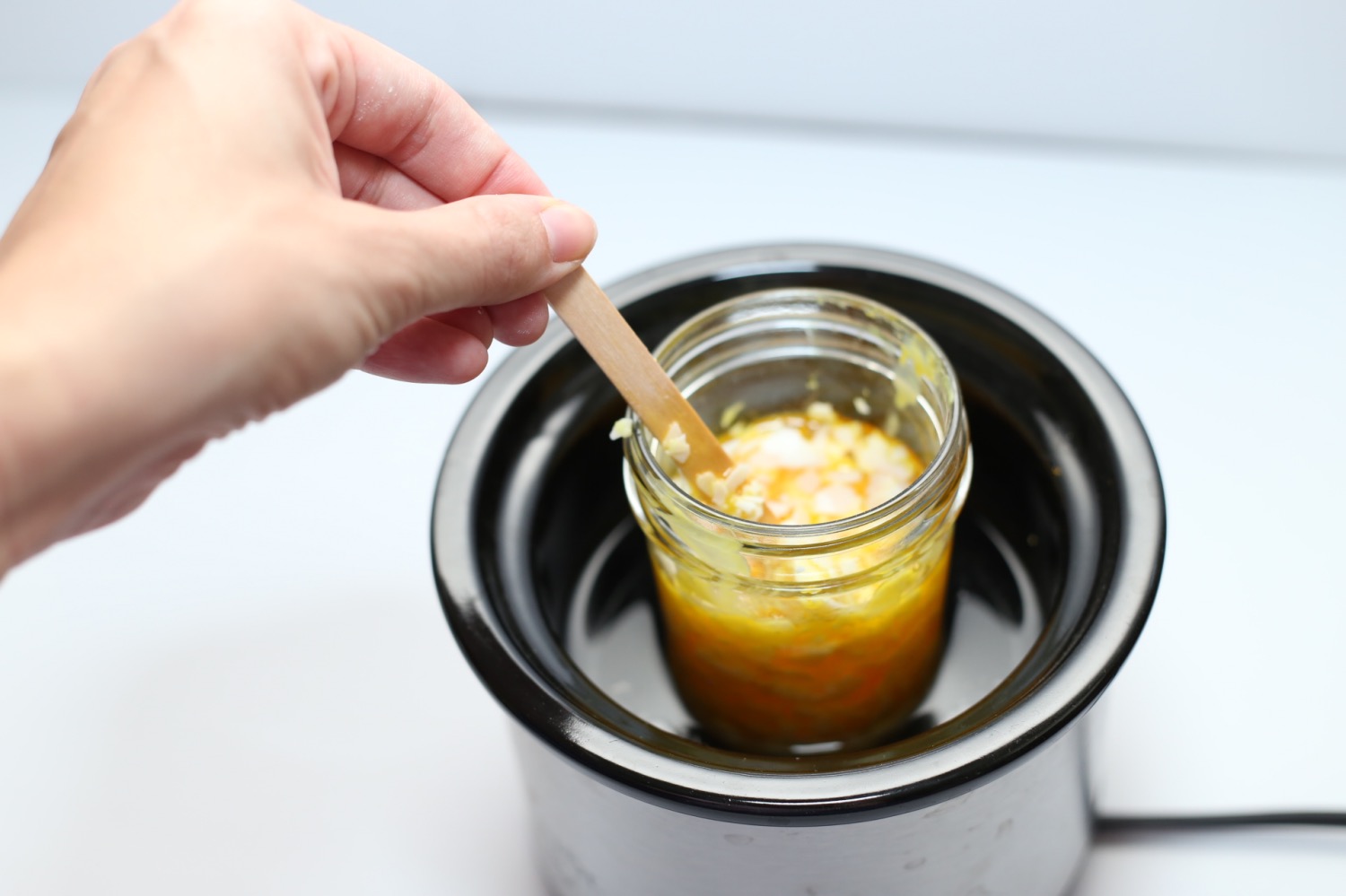
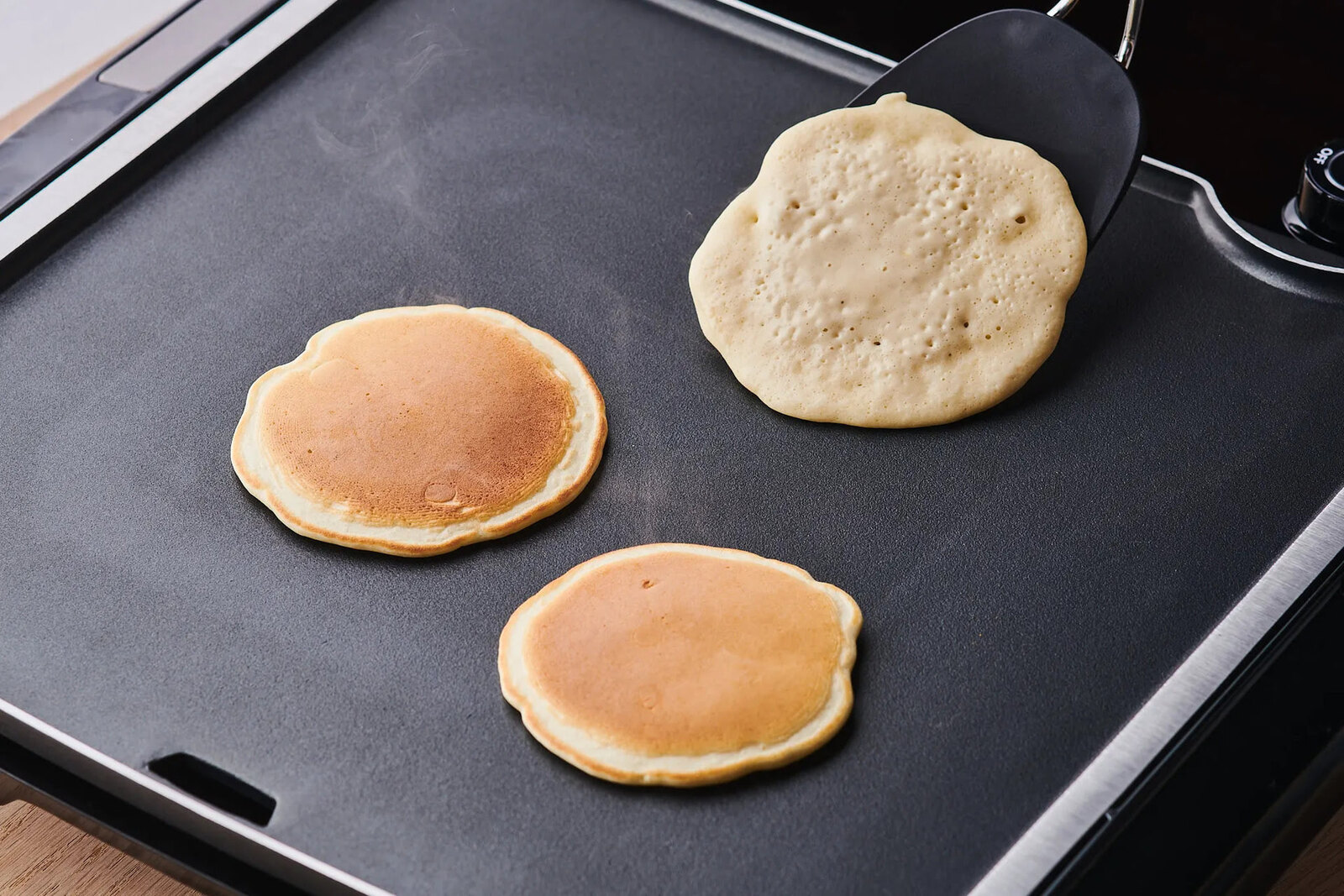
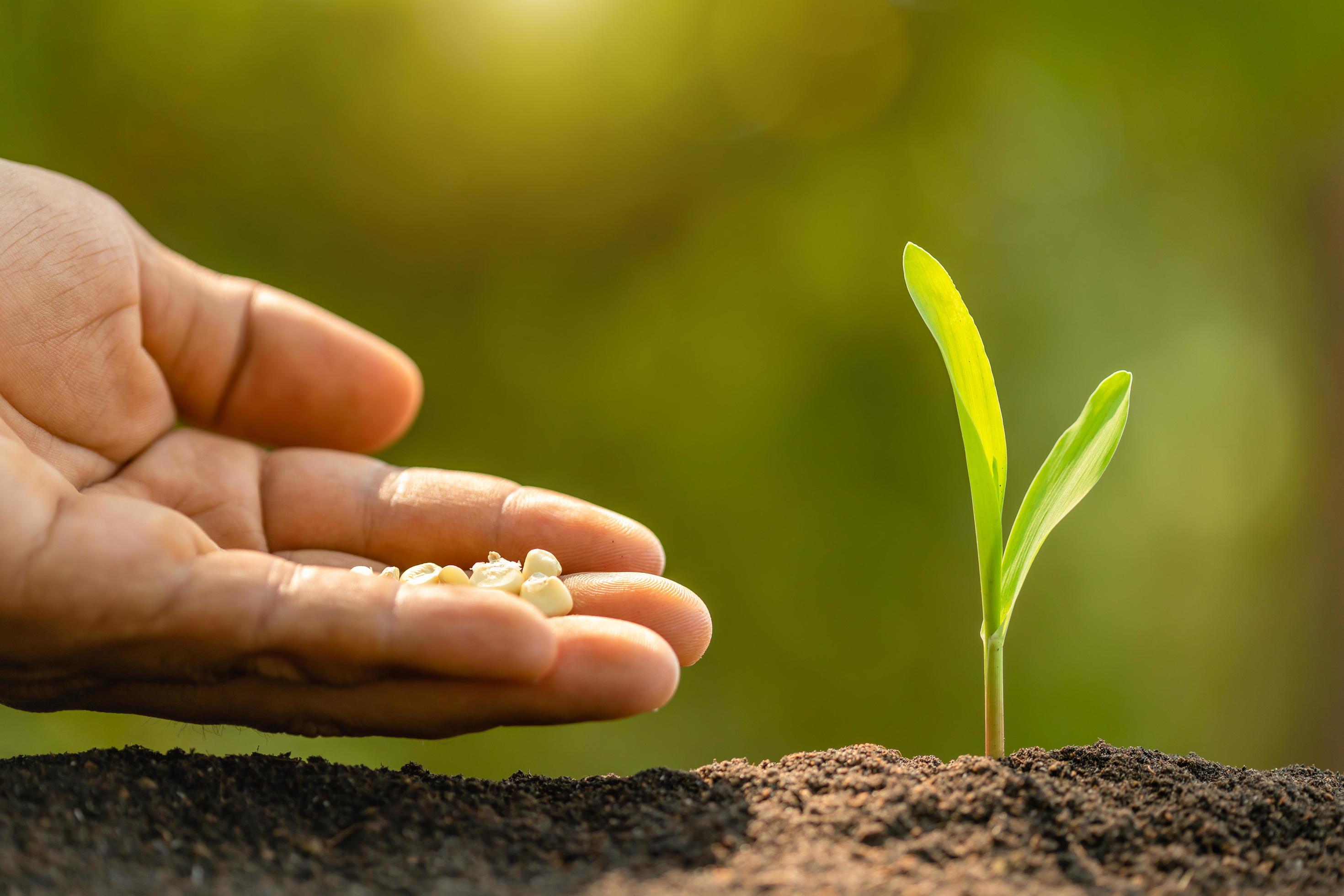


0 thoughts on “What Temperature Do Sweet Corn Germinate In”